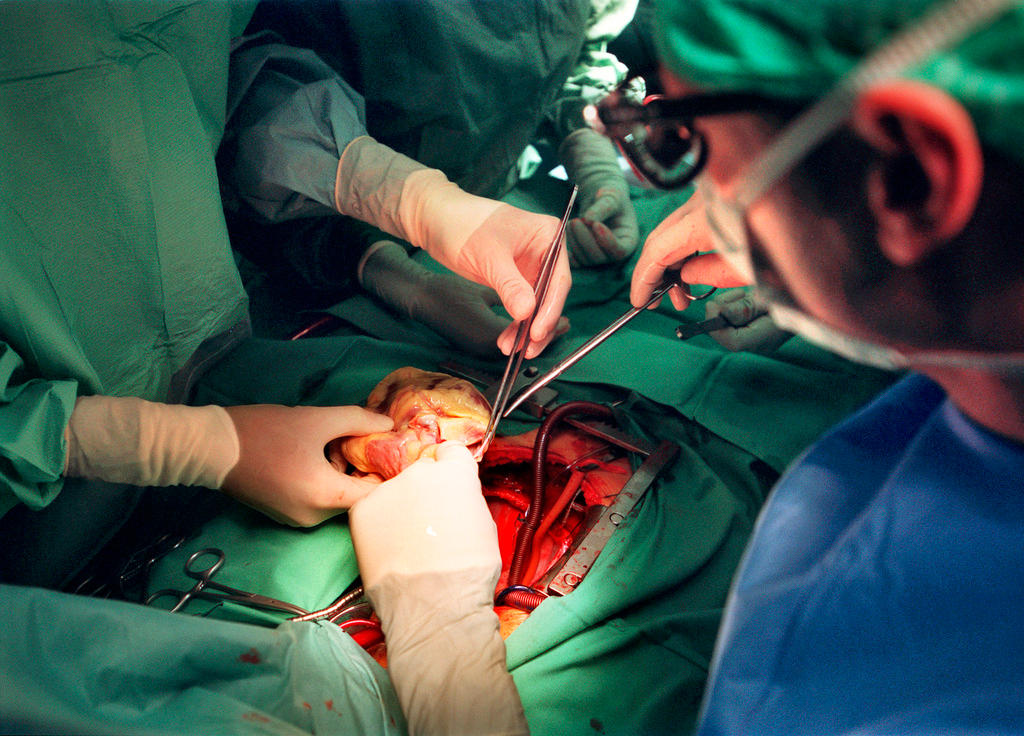
Government presents proposal for organ donations

The Swiss government has set out its plans to regulate organ donations. The aim: stem Switzerland’s organ shortage.
The move is an indirect counterproposal to a people’s initiative “promote organ donations, save lives” launched in 2017. This wants organ donations to be based on presumed consent, meaning that every adult who dies could automatically become a donor.
This aims to reverse the current opt-in policy, which requires explicit consent by potential donors and consultation of relatives if they have not.
Middle way
In its plans, put out to consultation on Friday, the government takes a middle way: it supports presumed consent, with those not in favour of donating being required to put their names on a register. But its version allows for the consultation of relatives in cases of doubt.
Switzerland does not have enough organs available for donation. Last year, 68 people died while waiting for a transplant. According to a government statementExternal link, “donation numbers are still low in European comparison”, despite a campaign to promote the practice.
+ Read more about the organ donation campaign here
The government said that it supported the basis on the initiative: it wants to reduce waiting times and thus save lives. Experience in other countries has shown that organ donation increases with the presumed consent model, it added. This is the case in France, Austria, Italy and Spain. But it added that, in its view, it was still important to consult relatives.
The rules would apple to people aged over 16 and who are living in Switzerland. The conditions for organ donation would remain unchanged: that the death took place in hospital due to a brain injury or cardiac arrest.

More
Organ donations increasing but still insufficient

In compliance with the JTI standards
More: SWI swissinfo.ch certified by the Journalism Trust Initiative

























You can find an overview of ongoing debates with our journalists here . Please join us!
If you want to start a conversation about a topic raised in this article or want to report factual errors, email us at english@swissinfo.ch.